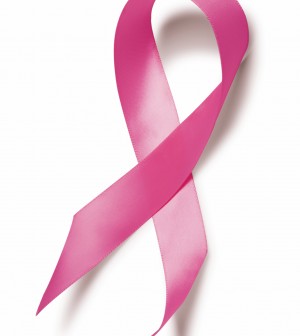- How We Kept Marital Peace while Traveling the World with Our KidsPosted 1 week ago
- How I Coped with Feeling Lost in a Changing SocietyPosted 1 week ago
- The Unexpected Liberation of a Butt DialPosted 1 month ago
- Why is France making abortion a constitutional right?Posted 2 months ago
- Being a WomanPosted 2 months ago
- Grief Threatens To Take Your Power- You Can Get It Back!Posted 2 months ago
Breast Cancer Awareness Month in October

The Breast Cancer Awareness Month, marked in countries across the world every October, helps to increase attention and support for the awareness, early detection and treatment as well as palliative care of this disease.
There are about 1.38 million new cases and 458 000 deaths from breast cancer each year (IARC Globocan, 2008). Breast cancer is by far the most common cancer in women worldwide, both in the developed and developing countries. In low- and middle-income countries the incidence has been rising up steadily in the last years due to increase in life expectancy, increase urbanization and adoption of western lifestyles.
Currently there is not sufficient knowledge on the causes of breast cancer, therefore, early detection of the disease remains the cornerstone of breast cancer control. When breast cancer is detected early, and if adequate diagnosis and treatment are available, there is a good chance that breast cancer can be cured. If detected late, however, curative treatment is often no longer an option. In such cases, palliative care to relief the suffering of patients and their families is needed.
The majority of deaths (269 000) occur in low- and middle-income countries, where most women with breast cancer are diagnosed in late stages due mainly to lack of awareness on early detection and barriers to health services. These situations are common to thousands of women in resource constrained settings, but they can be reverted if adequate public health programmes are put in place.
WHO (World Health Organization) promotes comprehensive breast cancer control programmes as part of national cancer control plans. The recommended early detection strategies for low- and middle-income countries are awareness of early signs and symptoms and screening by clinical breast examination in demonstration areas. Mammography screening is very costly and is feasible only in countries with good health infrastructure that can afford a long-term programme.







